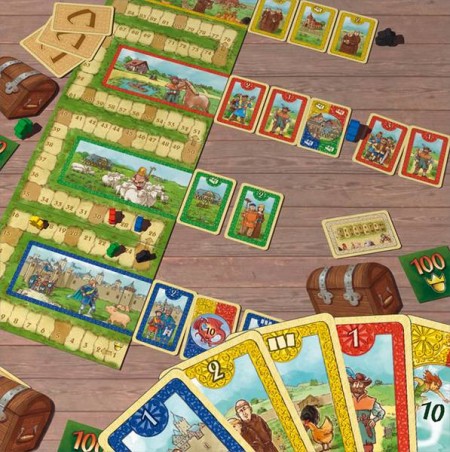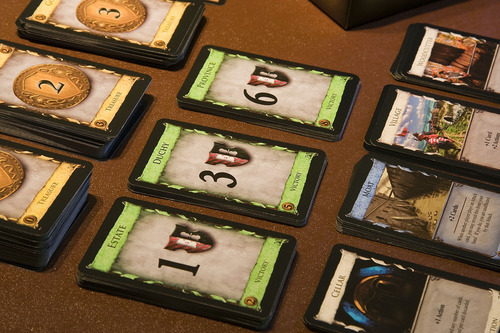 The events of the Great Depression are too relevant to our own time to be evaluated without bias. Everyone has something at stake. I hate it when that happens to history, when instead of learning from it, we try to bend it to our will.
The events of the Great Depression are too relevant to our own time to be evaluated without bias. Everyone has something at stake. I hate it when that happens to history, when instead of learning from it, we try to bend it to our will.
In The Forgotten Man, Amity Shlaes picks a side in the fight over the Great Depression, (Roosevelt’s reforms were mostly harmful), and selects perspectives and events that illuminate this angle, but doesn’t seem too eager to shoehorn history into an ideological framework. My problem with this book is that while individual segments are interesting, the whole lacks focus, like a draft sent off to the publisher because the deadline had arrived.
I want to read the book this could have been, about people like Rexford Tugwell and Wendell Wilkie, about the New Deal reforms and their unintended consequences. All we get is the notes to that book, a few hundred pages of this and that, and then it’s over.
The book’s selling point is the story behind the title. Roosevelt’s “forgotten man” was the man who needs and benefits from government schemes. But he took the phrase from William Graham Sumner, whose “forgotten man” was the man who pays for them. This is the perfect illustration of two opposite approaches to government. Exploring it would make for a really interesting book. But with books as with government reforms, the result does not always match the intention.
 Louis B. Mayer (1884 – 1957) was
Louis B. Mayer (1884 – 1957) was 

 I
I 



